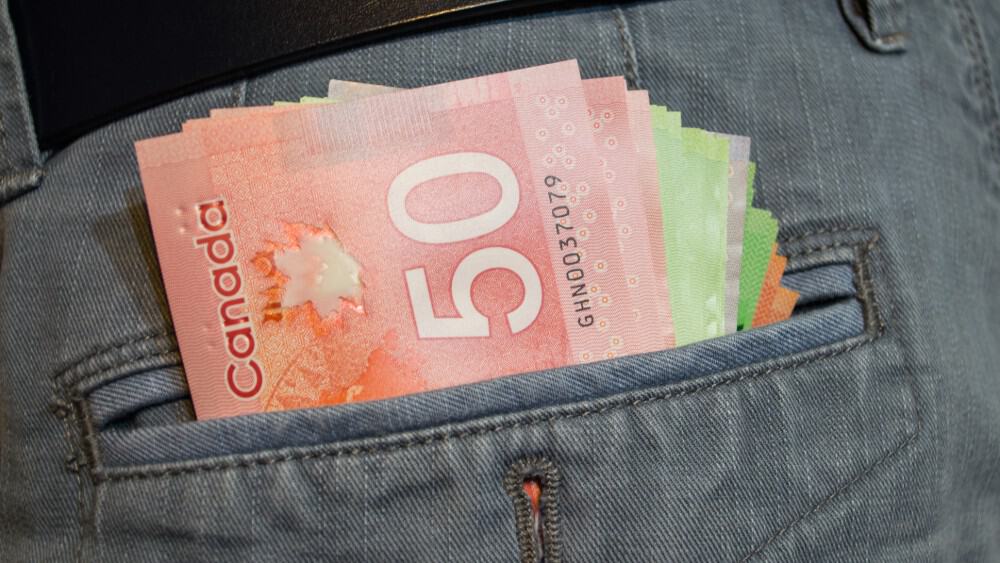Resilience is an underrated quality, especially when the stock market is booming. As Canadian stocks reach a historic high, it’s easy to forget that the next economic downturn could erase years of stock appreciation and dividend payouts in one fell swoop.
Nearly every industry, from exciting technology sectors to mundane manufacturing contractors, suffer a hit to their balance sheets and top lines when the economy shrinks.
Often, this means company pull back or suspend their dividends to shareholders altogether. For investors seeking stable passive income from dividend stocks, this could be devastating.
However, some companies are relatively immune to the economic cycle. In fact, one Canadian stock is so resilient it has managed to expand dividends in three previous recessions over the past 20 years. Here’s a look at why this indestructible dividend stock is still a good bet for your passive income portfolio in 2020
Utility giant
Fortis (TSX:FTS)(NYSE:FTS) is one of the largest and most well-managed electric energy providers in Canada. Similar to most other utility companies, Fortis enjoys a natural monopoly in an industry with high barriers to entry and low volatility of customer demand.
That said, there are three reasons that Fortis stands out among its peers as one of the most reliable dividend stocks on the market.
First, Fortis’s management is conservative with the company’s cash. Management has routinely held back much of the cash flow in the form of reserves rather than pay out every cent in earnings as shareholder dividends.
At the time of writing, the dividend payout ratio is a measly 49.6%, which means the company holds onto the majority of earnings for reinvestment and cash reserves.
Second, the company has a track record of boosting dividends every single year. In fact, Fortis has expanded dividends consistently for a record-breaking 46 years.
To put that into context, Fortis managed to weather the recessions of 2001, 2008, and 2016 to keep paying higher dividends to loyal shareholders.
Finally, Fortis faces lower risks than many of its peers and has managed to diversify its business model to ensure it continues to create value for the long-term.
In recent years, the company has acquired assets in the U.S. and the Caribbean to diversify its income sources. Over the next five years, the company intends to deploy another $18.3 billion in foreign investments.
According to the management team, these investments could allow them to boost dividends by an estimated 6% annually until 2024. I expect dividends to expand at a similar pace over the same period.
Meanwhile, the company is also investing in renewable energy projects, such as a multi-million dollar wind farm in New Mexico, in order to defend its position as the energy market evolves and consumers become more eco-conscious.
Diversification strategies such as these lower Fortis’ risk profile considerably, making it a comparatively safer bet than other utility giants. This risk profile is probably the best reason to add the stock to your long-term income portfolio.
Bottom line
Utilities are usually a great bet when the risk of recession is high. However, with better cash management, diversified income streams and a history of shareholder payouts, Fortis is much better positioned than any of its peers.



